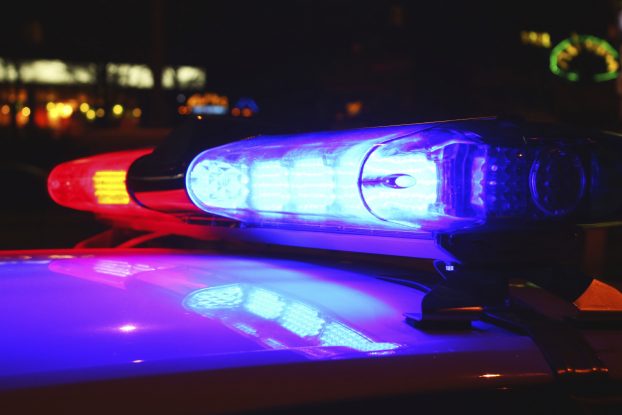TURES COLUMN: What To Do And How To Help When Disaster Strikes
Published 10:15 am Saturday, June 22, 2024
|
Getting your Trinity Audio player ready...
|
As I attended my first North Georgia United Methodist Church (NGUMC) Conference, one of the primary concerns was praying for the people of Florida, facing historic flooding levels. We also know about the water problems in Atlanta. With a busy hurricane season on the way, as well as increased chances for tornadoes, fires, floods, and other disasters, people are wondering what they can do to be safe, and to help those in harm’s way.
But our church conference did more than just provide thoughts and prayers. In front of the conference in Athens were a pair of trailers, on display, to show what churches can do. These include solar-powered energy as well as a water treatment trailer that runs on what the Southeast has plenty of, which is humidity.
“Governments will often come in, declare a disaster area, provide emergency relief, and leave,” explained Scott Parrish, a deacon with the United Methodist Committee on Relief (UMCOR). “Someone needs to be there to help provide long-term relief. And we’re here at the conference to show what’s possible.”
Tom, a former Marine Corps Pilot for ten years and Delta Pilot for 30 years, was on hand to explain to me how disaster relief works. “First, there is the ERT, the Emergency Response Team, that comes in when volunteers arrive to help with chainsaws to get the trees and branches out of the way, distribute the buckets collected for relief, loaded with supplies, and get things like the water out. We had to rescue a woman pinned under a tree in LaGrange for hours.” He described a myriad of disasters, even a case in North Carolina where extremist snipers took out power generators, leaving 40,000 people without electricity in December for a while.
He added “But there are long-term things that need to be done after the local government leaves. That means mold removal, long-term power solutions, and getting fresh water to people. What are you going to do when the water bottles run out, and what can you do with all of those empty water bottles at the site? Having a water generator can pump out what’s needed.” He proceeded to show me theirs, which generates 15 gallons of water from the humidity.
Chris, who started up a software company and works in the industry, is another volunteer. “We wanted to show the conference delegates what’s possible, and who donated to our solar trailer,” including Cherry Street Energy, the Ray C. Anderson Foundation, Sol-Ark, Adion Solar, footprintproject.org, as well as UMCOR and NGUMC. He noted that they were still helping Newnan and Griffin from the tornadoes that struck in early 2023. “Not everyone had insurance.”
“People think local government will save them,” Tom told me. “Now local governments do their best, and have arrangements with others, but with big disasters, they get overwhelmed. Where I live, there are only so many ambulances, law enforcement, and other resources. Will there be enough water and batteries? Will people know how to turn off the gas? That’s why fire departments even train others to help. They know they can’t do it all alone.”
LaGrange College students were on hand at the conference to testify about the value of UMCOR. “My dad’s a Baptist preacher,” one male student told me. “And he said ‘When disaster strikes, the Methodists are the first ones there to help.’” Another mentioned how she got into helping with hurricane disasters because of her father’s example, a frequent volunteer. She and I went with our college chaplain and other college students to Ft. Myers Florida to help with the cleanup for the Hurricane Ian disaster, and a former NASA engineer led our UMCOR team.
What can people do to prepare for disasters? “Store water in your tubs when something bad is heading your way,” Tom noted. “You can boil it too. Save cans in coolers. Have dried stuff on hand. Store food and medicine. Prepare for line-drying. Be ready to take care of your family, and neighbors.” Now that sounds like a message of Christian relief our country needs to hear.




